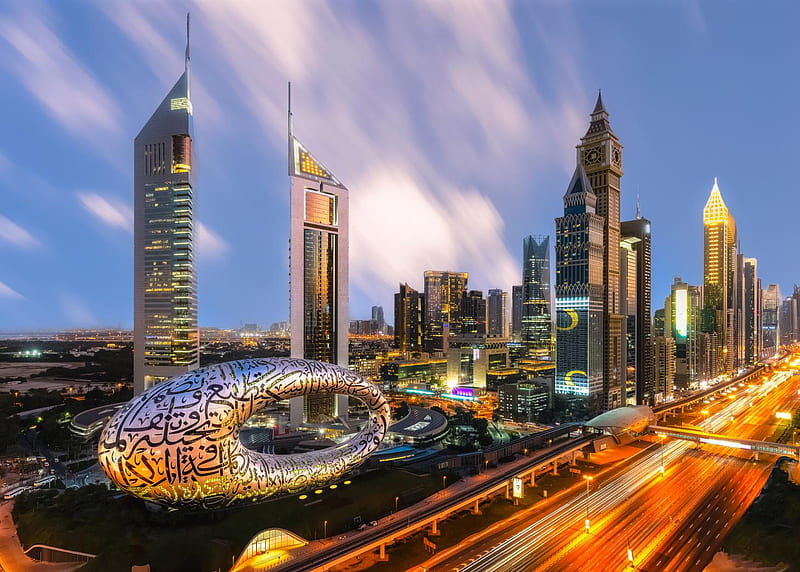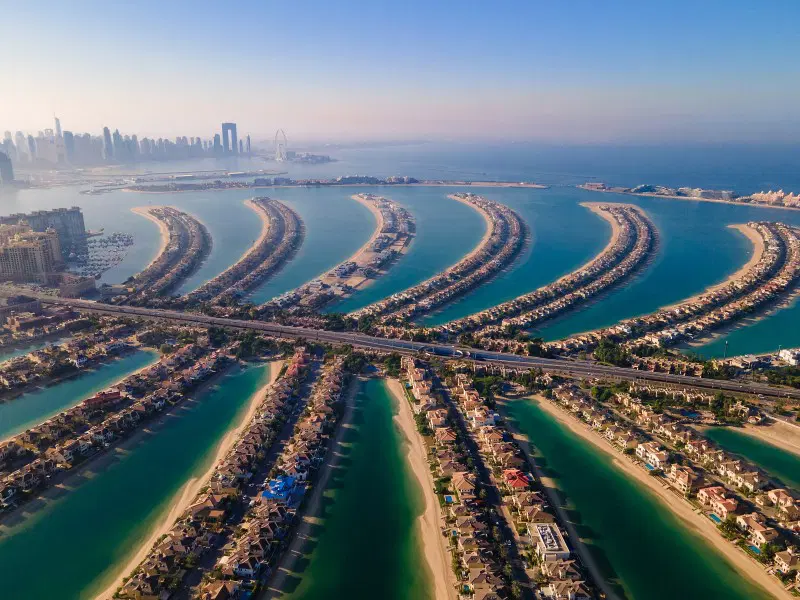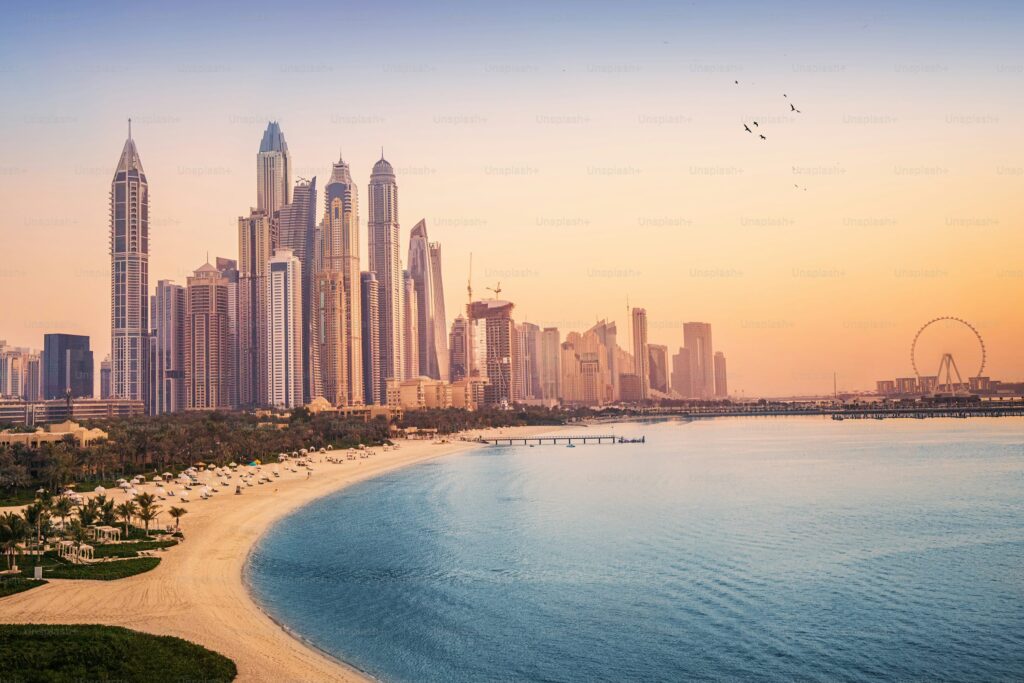Value Added Tax (VAT) has become an important part of doing business in the United Arab Emirates (UAE) since its introduction in January 2018. For companies operating in Dubai’s free zones, VAT brings both clarity and complexity. Free zones are often marketed as tax-friendly environments, and many entrepreneurs are initially unsure how VAT applies to them. This uncertainty has led to a number of misconceptions, with some business owners assuming that free zone companies are automatically exempt from VAT.
The reality is more nuanced. While Dubai’s free zones offer major benefits such as 100 percent foreign ownership, repatriation of profits, and zero personal income tax, VAT is a federal law that applies across the UAE. Free zone businesses are not entirely excluded, but the rules depend on whether the free zone is designated or non-designated, as well as the nature of the transactions being carried out.
This article will explore the implications of VAT for free zone businesses in Dubai. We will cover the framework of VAT in the UAE, the difference between designated and non-designated free zones, registration requirements, compliance obligations, exemptions, and the broader business impact. By the end, you will have a clearer understanding of how VAT affects free zone companies and how to manage compliance efficiently.

1. VAT in the UAE: A Quick Refresher
VAT was introduced in the UAE on 1 January 2018 at a standard rate of 5 percent. It applies to most goods and services, with some exemptions and zero-rated categories such as healthcare, education, and exports. The Federal Tax Authority (FTA) is responsible for implementing and regulating VAT across the country.
For businesses, VAT is collected from customers and then paid to the FTA, with the ability to reclaim input tax paid on business expenses. This ensures a neutral impact on businesses while generating revenue for the government.
Free zone companies, like mainland companies, fall under the scope of VAT. However, special provisions apply to businesses located in certain designated free zones, particularly when dealing with the supply of goods.
2. Free Zones in Dubai: A Brief Overview
Dubai has more than 30 free zones, each catering to different industries. Some of the most prominent include Dubai Multi Commodities Centre (DMCC), Jebel Ali Free Zone (JAFZA), Dubai Airport Free Zone (DAFZA), and Dubai Internet City. Free zones are popular because they allow full foreign ownership, streamlined incorporation, and simplified import-export procedures.
However, being in a free zone does not mean being outside the UAE’s legal and tax system. VAT applies unless a specific exemption is mentioned in the law. The key distinction is whether the free zone is recognized as a “designated zone.”
3. Designated vs Non-Designated Free Zones
The UAE VAT law classifies certain free zones as “designated zones.” These zones are considered outside the UAE for VAT purposes when it comes to the supply of goods. However, this treatment does not apply to services.
Designated Free Zones in Dubai
Examples include:
- Jebel Ali Free Zone (JAFZA)
- Dubai Airport Free Zone (DAFZA)
In a designated free zone, the supply of goods may be treated as if it took place outside the UAE, provided the goods are not released for consumption within the UAE. This creates a favorable environment for companies engaged in international trade.
Non-Designated Free Zones
Most other free zones in Dubai, such as DMCC or Dubai Internet City, are non-designated. For these zones, VAT treatment is similar to the mainland. Supplies of goods and services within or outside the zone are subject to VAT as per standard rules.

4. VAT Registration Requirements for Free Zone Companies
A free zone company must register for VAT if its taxable supplies and imports exceed the mandatory threshold of AED 375,000 per year. Businesses with revenues above AED 187,500 can opt for voluntary registration.
Registration applies equally to companies in designated and non-designated zones. Even if a company is primarily exporting goods or services, VAT registration may still be required if it crosses the threshold.
5. How VAT Applies to Goods in Free Zones
The treatment of goods depends on whether the free zone is designated or not, and whether the transaction involves the UAE mainland or international markets.
- Goods supplied within a designated free zone: Not subject to VAT if both parties are registered and the goods do not leave the zone.
- Goods imported into a designated free zone: Considered outside the UAE for VAT purposes until released for consumption.
- Goods supplied from a designated zone to the mainland: Subject to VAT at the standard rate.
- Goods supplied between non-designated free zones and the mainland: Treated like normal domestic supplies and subject to VAT.
This means that businesses trading internationally through a designated free zone may enjoy a smoother VAT position, while those selling to the UAE mainland must account for VAT.
6. VAT on Services in Free Zones
For services, the rules are straightforward. Whether the company is in a designated or non-designated zone, VAT applies in the same way as it does on the mainland.
Examples:
- A marketing agency in DMCC providing services to a Dubai mainland company must charge 5 percent VAT.
- A logistics company in JAFZA providing services to a Saudi client may be zero-rated if the service qualifies as an export.
The important point is that VAT exemptions for designated zones apply only to goods, not services.

7. Common Misconceptions About VAT in Free Zones
Many entrepreneurs mistakenly believe that free zones are “VAT-free.” While free zones are attractive for their tax advantages, VAT is a federal law that applies across the UAE. The only nuance is in how designated zones treat goods.
Another misconception is that small companies without large revenues do not need to worry about VAT. In reality, businesses with revenue close to AED 375,000 should monitor their turnover carefully, as failing to register on time can lead to penalties.
8. VAT Compliance Obligations for Free Zone Businesses
Once registered, a free zone company must comply with VAT rules. This includes:
- Charging VAT on taxable supplies.
- Issuing tax invoices with all required details.
- Filing VAT returns quarterly or monthly, depending on allocation.
- Maintaining records for at least five years (longer in some cases).
Failure to comply can result in administrative penalties from the FTA.
9. Exemptions and Zero-Rated Transactions
Free zone businesses can benefit from exemptions and zero-rating in certain cases:
- Exports: Goods and services supplied outside the GCC are zero-rated.
- International transport services: Certain services related to shipping and aviation may be zero-rated.
- Designated zone transactions: Supplies of goods between designated zones may not be subject to VAT.
These provisions make free zones especially attractive for companies with international clients.
10. Business Impact of VAT on Free Zone Companies
VAT has changed the way free zone companies manage operations and finances. The main implications include:
- Cash flow management: Businesses must account for VAT collected and paid, which can affect liquidity.
- Pricing strategies: VAT must be factored into pricing, particularly for B2C companies.
- Operational processes: Companies need accounting systems that track VAT correctly.
- Cross-border competitiveness: VAT compliance can increase trust among international partners, as it signals regulatory alignment.
For many businesses, VAT compliance has added administrative work but has not significantly reduced the attractiveness of free zones.

11. Case Examples
Example 1: Trading Company in JAFZA
A company importing electronics into JAFZA and exporting them to Africa may not face VAT on the goods while they remain in the free zone. However, if the same goods are sold into the UAE mainland, VAT applies.
Example 2: Consulting Firm in DMCC
A management consulting firm in DMCC must register for VAT once revenues exceed AED 375,000. All invoices to UAE-based clients will carry 5 percent VAT. If the firm provides services to clients outside the GCC, those may be zero-rated.
Example 3: E-commerce Startup in Dubai South
An e-commerce company in a non-designated free zone must charge VAT on all local sales, similar to a mainland business. Imports and exports must be tracked carefully to ensure proper VAT accounting.
12. Practical Steps for Free Zone Businesses
To manage VAT effectively, free zone businesses should:
- Assess registration obligations early and avoid penalties.
- Update accounting systems to handle VAT invoicing and reporting.
- Train staff on VAT rules, especially those in finance and sales.
- Work with tax advisors familiar with UAE VAT laws.
- Monitor transactions between designated zones, non-designated zones, and the mainland.
13. The Future of VAT and Free Zones
VAT in the UAE has matured since 2018, and businesses have adapted to the new system. Going forward, more digital solutions will streamline VAT compliance, including e-invoicing and automated reporting. Free zone authorities may also enhance guidance to attract businesses while ensuring compliance with federal tax laws.

Conclusion
Free zones in Dubai continue to be a powerful draw for entrepreneurs and investors, offering flexibility, foreign ownership, and ease of doing business. However, VAT is an unavoidable part of operating in the UAE, and free zone companies must understand how it applies to them.
Designated zones provide advantages for goods trading, while service providers must follow standard VAT rules regardless of their location. With proper planning, clear processes, and compliance, free zone businesses can continue to benefit from Dubai’s world-class business ecosystem while meeting their VAT obligations.
VAT should not be seen as a deterrent, but as a sign of the UAE’s maturing economy and commitment to global best practices. For businesses, it is simply another element to manage strategically, ensuring sustainable growth in one of the most dynamic markets in the world.

